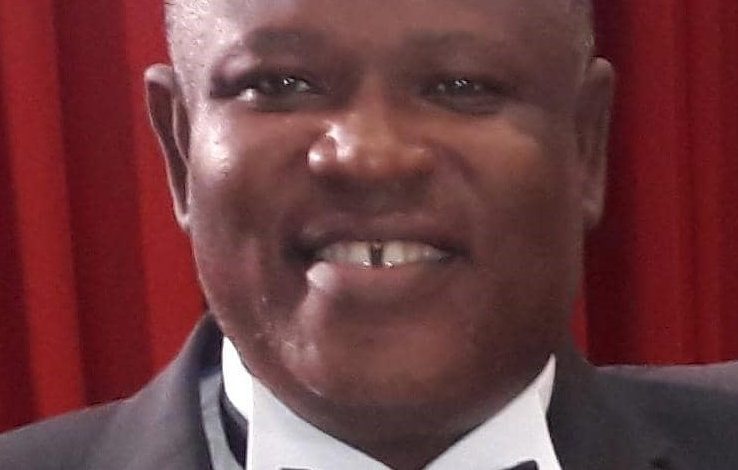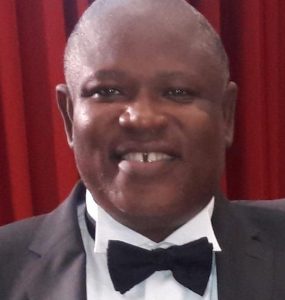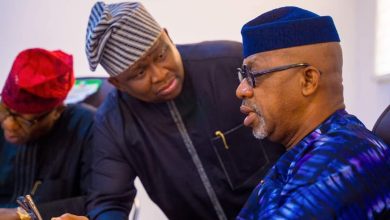
Is it compulsory for the accused person to be present in court in all criminal proceedings?
By Francis Ogunbowale
Section 266 of the Administration of Criminal Justice Act (ACJA) (or Section 279 ACJL of Lagos) states that ‘a Defendant (an accused person) shall be present in court during the whole of his trial’. The law is that when the word ‘shall’ is used in a statute, it is mandatory that the rule must be observed; that the rule gives no room for discretion and that it is a strong assertion, a command and an obligation. See Chika Madumere & Anor v Barrister Obinna Okwara & Anor (2013) LPELR-20752 (SC).
The provision of this section follows the essential principle of criminal law and procedure, enunciated in State V Lawal (2013) 7 NWLR (Pt. 1354) 565, which was followed in Olarewaju V State (2014) LPELR-23811, where the supreme court held that ‘trial’ of an accused person must be held in his presence and that ‘trial’, means the ‘whole of the proceedings’, including ‘judgment’, ‘sentence’ and ‘Ruling’ in ‘trial within trial’.

The only exceptions provided under Section 266 (a&b) of the ACJA, where a Defendant may not be present in the whole of his trial are, (a) if he misconducts himself and the violent tendencies rendered his continued presence impracticable or undesirable or (b) at the hearing of an interlocutory application. An Interlocutory Application, such as bail, is defined, as a preliminary proceeding, which helps the court to reach the ultimate goal of doing substantial justice between the parties in the issues involving them. See, Daniel Uzochukwu Anazonwu V Dr E.C. Iloegbu & Ors (2013) LPELR-21204 (CA).
But a cursory look at Section 266 of the ACJA and the mandatory requirement of compulsory presence of an accused person in the whole of his trial, will reveal that the legislature may not intend a strict application, as currently witnessed in the courts.
For instance, the inhibition that Counsel cannot adopt a Written Address in a ‘trial within trial’ or ‘Final Written Address’ after a criminal trial or nullifying the Ruling given in the absence of an accused person in ‘trial within trial’, as held in Olarewaju V State (Supra), will promote undue delay, negate Section 36 of the Constitution of the Federal Republic of Nigeria and the principle of fair hearing that every person charged with a criminal offence, must be heard within a reasonable time, by the court.

In Garba v University of Maiduguri (1986) 2 SC 128, the supreme court held that an accused person should know what is alleged against him; what evidence is given against him and enable him have the opportunity to contradict or correct such evidence or make comment. Flowing from the above, it stands with reason that an accused person should be present during arraignment, during testimony, during ‘trial within trial’ and during conviction and sentence, so that he can defend himself or make an ‘allocutus’ for leniency.
However, the major argument under this discourse is that in cases where the accused person will have no input, such as giving Ruling in ‘trial within trial’ and he is represented by a lawyer, such as in Olarewaju V State (Supra), or Oral Addresses or Adoption of Written Addresses, the strict application of Section 266 ACJA and the requirement that the accused person must be present should not apply.
The major aim of the Administration of Criminal Justice Act (ACJA) and the various Administration of Criminal Justice Laws (ACJL) of States, is to promote efficient management of criminal justice institutions and speedy dispensation of justice. See Section 1, ACJA, 2015.
It is argued that the essence of the attendance of an accused person during trial is to ensure fair trial. Therefore, where an accused person is represented by a lawyer, where no testimony or cross examination is expected, where no exhibit is expected to be tendered and where no role whatsoever is required from the accused person, the strict application of Section 266 of the ACJA, is not necessary. The section should be redrafted to conform with the reality on ground.
Francis Ogunbowale, is a Lawyer in Ikeja, Lagos.
FOOTNOTE: You want to share story with us? You want to advertise with us? You need publicity for product, or service, or event? Contact us on WhatsApp +2348073463653 or email penpushing@yahoo.com







